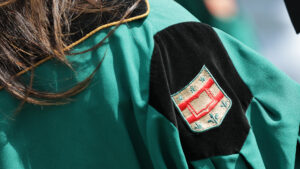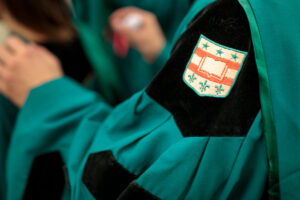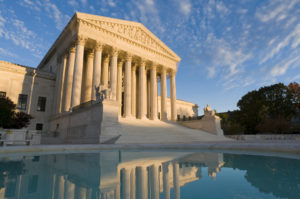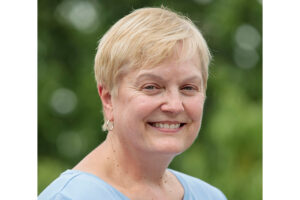The American Rescue Plan is a remarkable effort to jump-start the U.S. economy — unprecedented in scale outside of major wars — and will lead to very fast growth of the U.S. economy over the next year, according to Steven Fazzari, director of the Weidenbaum Center on the Economy, Government and Public Policy.










